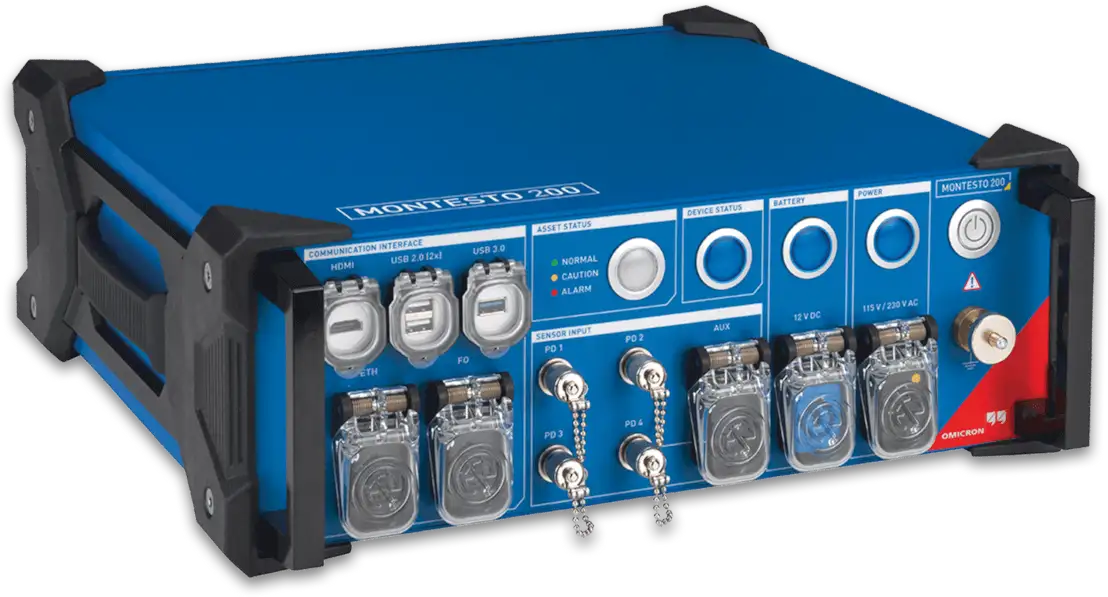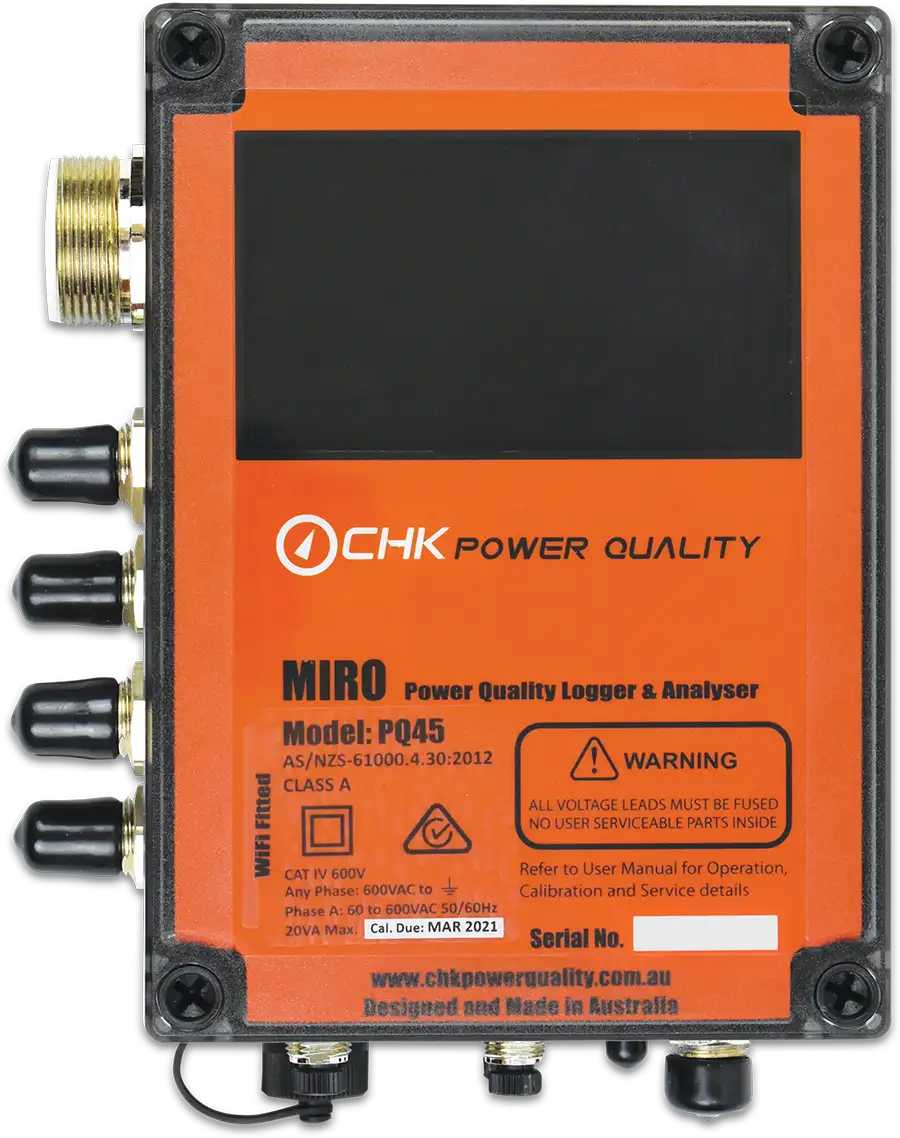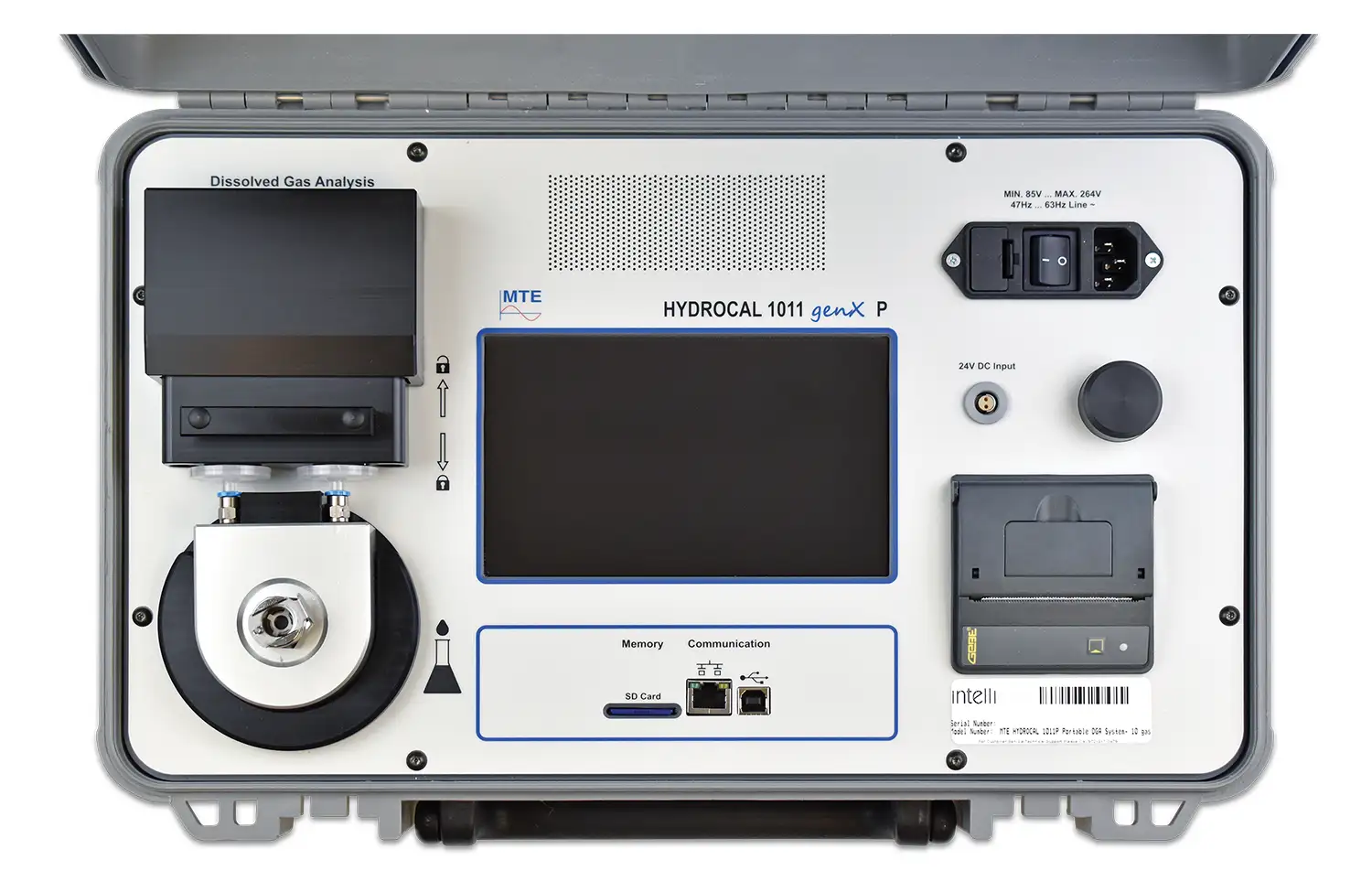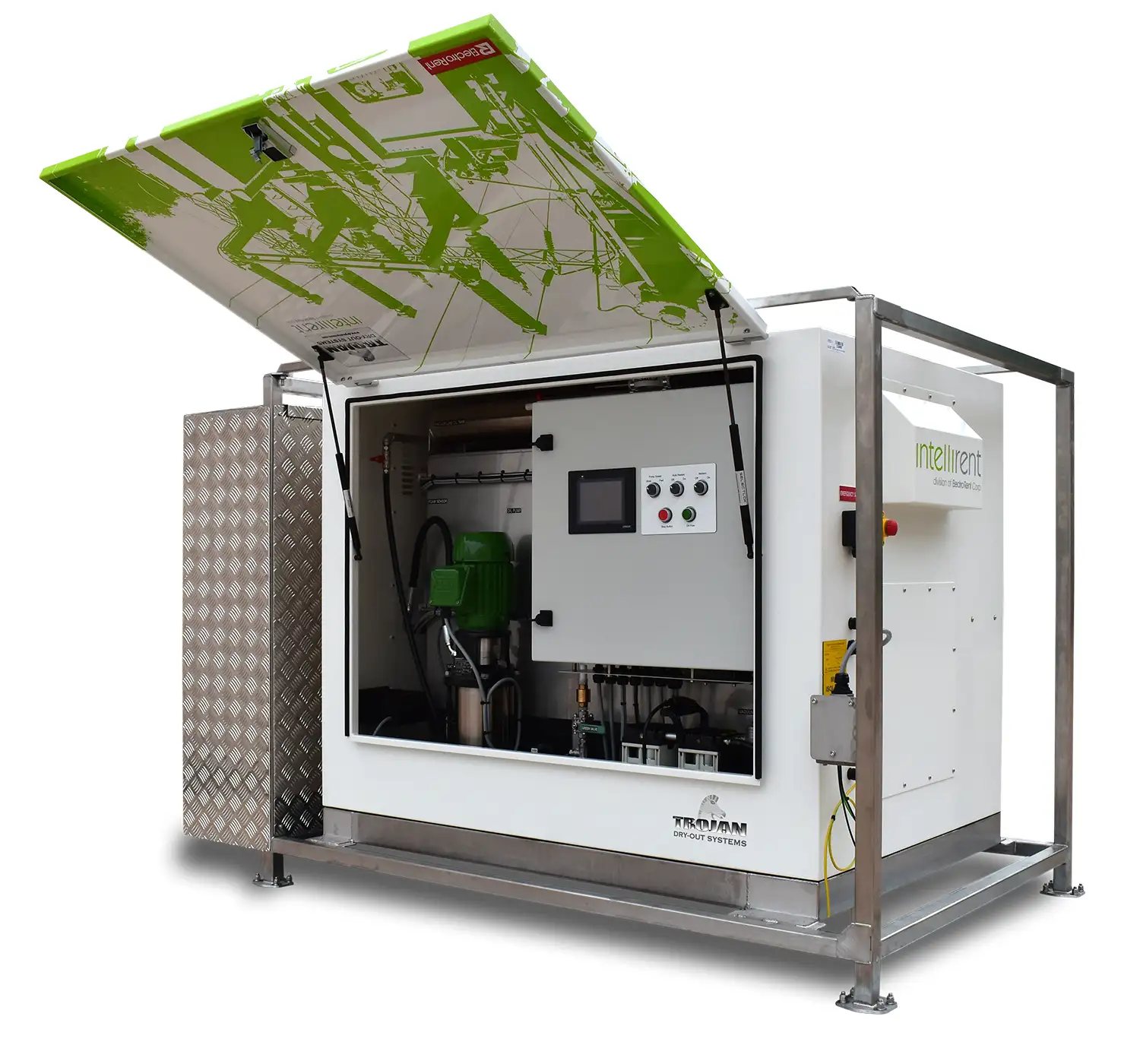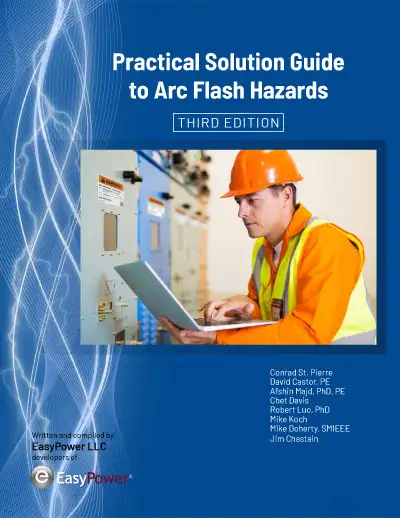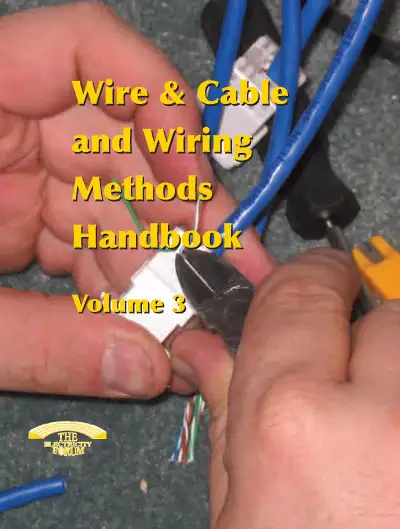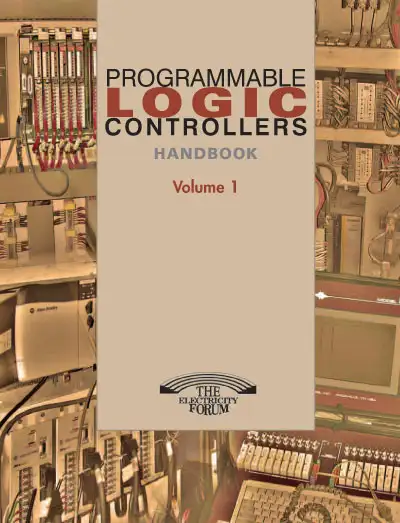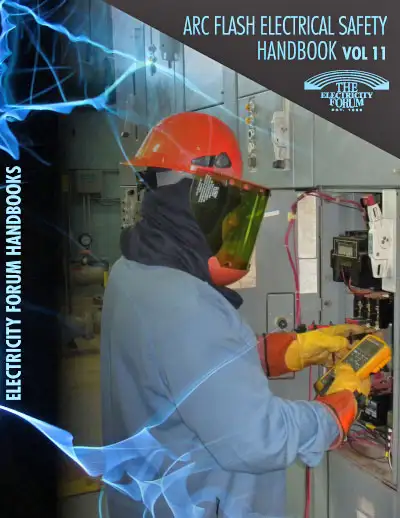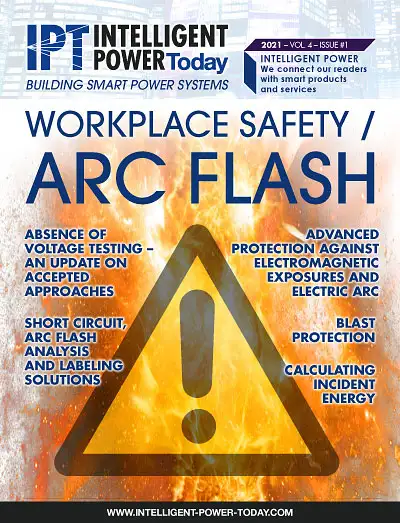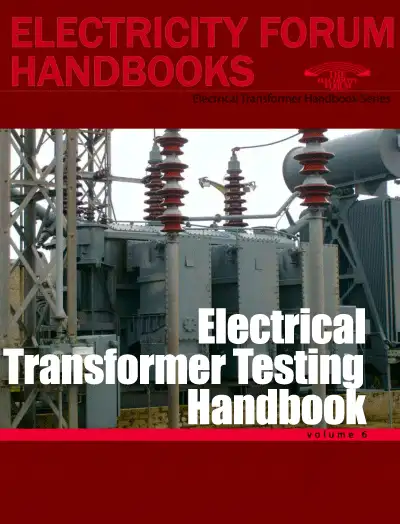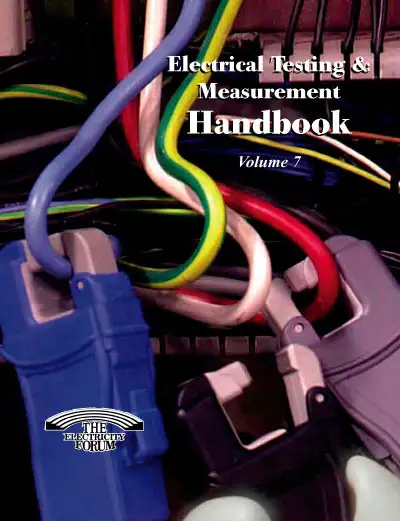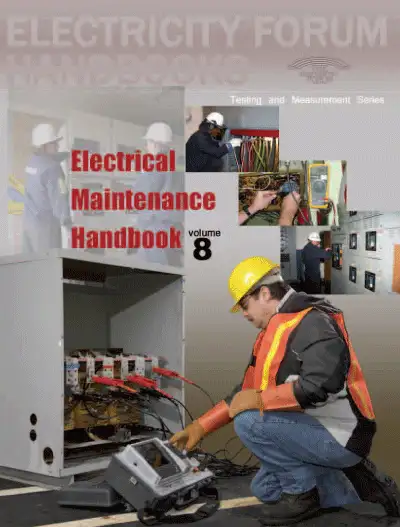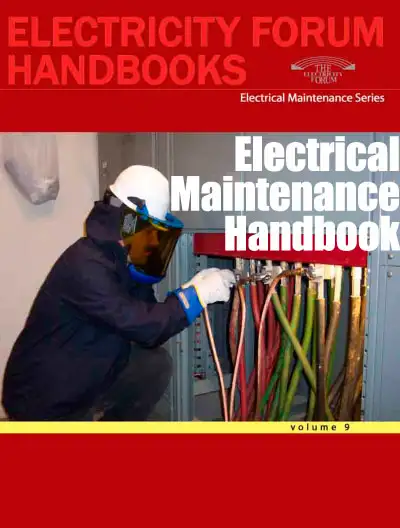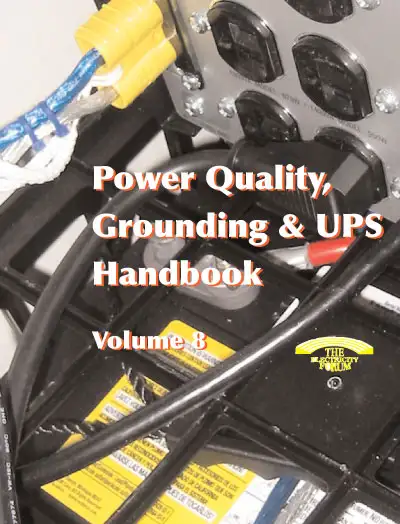Circuit Breaker Types Explained
Understanding the various circuit breaker types and their applications is crucial in ensuring the safety and efficiency of electrical systems. Choosing the right kind of breaker for your specific needs and application can prevent electrical overloads, short circuits, and other hazards that can lead to fires or damage to your devices and appliances.
CBs protect electrical systems from damage caused by overcurrent, short circuits, or other electrical faults. They automatically interrupt the flow of current when they detect an issue, thus preventing fires and other hazards. There are several types of circuit breakers, each with a unique purpose and application.
One of the most common types is the Miniature Circuit Breaker (MCB). MCBs are primarily used in residential and commercial settings, protecting low-voltage circuits from overload and short circuit. These breakers can be single pole breakers or double pole breakers, depending on the needs of the electrical circuit.
Air Circuit Breakers (ACB) and Vacuum Circuit Breakers (VCB) are used for higher voltage applications, such as in industrial settings or power distribution systems. ACBs use air as the medium to extinguish the arc formed during a fault, while VCBs rely on vacuum chambers to extinguish the arc.
Another type is the Molded Case Circuit Breaker (MCCB), designed for more significant current capacities and can handle a broader range of voltage levels. MCCBs can be found in industrial and commercial buildings with higher electrical loads.
Ground Fault Circuit Interrupters (GFCI) and Arc Fault Circuit Interrupters (AFCI) are commonly used to enhance safety in residential settings. GFCI standard circuit breakers help prevent electric shock by detecting line to ground fault currents, often found in laundry rooms, bathrooms, or outdoor outlets. In addition, AFCI circuit breakers protect against electrical fires by identifying potential electrical arcs, which can occur due to damaged wiring or faulty connections.
Earth Leakage Circuit Breakers (ELCB) and Residual Current Circuit Breakers (RCCB) protect against potential electric shocks caused by leakage currents. ELCBs detect leakage currents that may flow through the earth, while RCCBs monitor the imbalance between live and neutral currents.
Magnetic and Thermal Circuit Breakers rely on different principles to interrupt current flow. Magnetic breakers use an electromagnet to detect overcurrent and trip the breaker. In contrast, thermal breakers use a heat-sensitive bimetallic strip that bends and trips the mechanism when it reaches a certain temperature due to excessive current.
High-Voltage Circuit Breakers are designed to handle very high voltage levels in power transmission and distribution systems. These breakers are crucial for maintaining the stability and reliability of power grids.
What factors should I consider when choosing a type of breaker?
Consider the voltage, current capacity, application, and environment to choose the appropriate breaker.
What is the difference between an MCB, MCCB, and ELCB?
The primary difference between an MCB, MCCB, and ELCB is their voltage and current handling capacities and their specific applications.
How do I determine the appropriate circuit breaker type for my specific application?
To determine the right breaker type, consult an electrician or electrical engineer who can evaluate your needs based on your specific application and location.
Are there specific kinds for residential and industrial use?
Some breakers, like GFCI and AFCI, are specifically designed for residential use, while others, like ACB and VCB, are more suitable for industrial applications.
How do I maintain and troubleshoot different kinds?
Regular maintenance and troubleshooting involve inspecting breakers for signs of wear, testing their functionality, and replacing them when necessary.
Whether installing a new electrical panel, replacing a circuit breaker, or upgrading your existing system, it's essential to be aware of the options available. By familiarizing yourself with the features and applications of various breaker types, you can make informed decisions that will result in a safer and more reliable electrical system for your home or business.
Moreover, it's crucial to remember that electricity can be dangerous, and a qualified electrician should conduct any installation, replacement, or maintenance. They have the necessary knowledge, training, and tools to ensure the job is done correctly and safely.
On-Site Training
Interested in cost effective, professional on-site electrical training?
We can present an Electrical Training Course to your electrical engineering and maintenance staff, on your premises, tailored to your specific equipment and requirements. Click on the link below to request a Free quotation.
EF PARTNER MEDIA
Product Showcases
Shared Media

